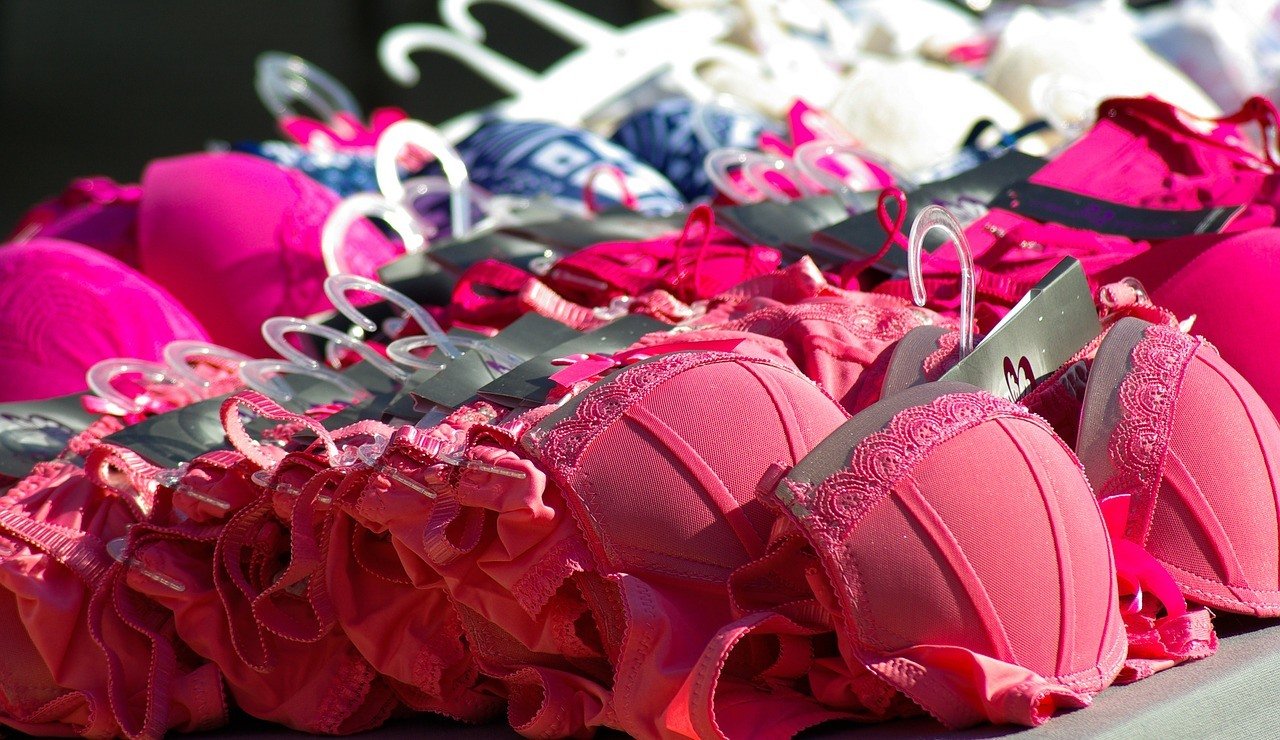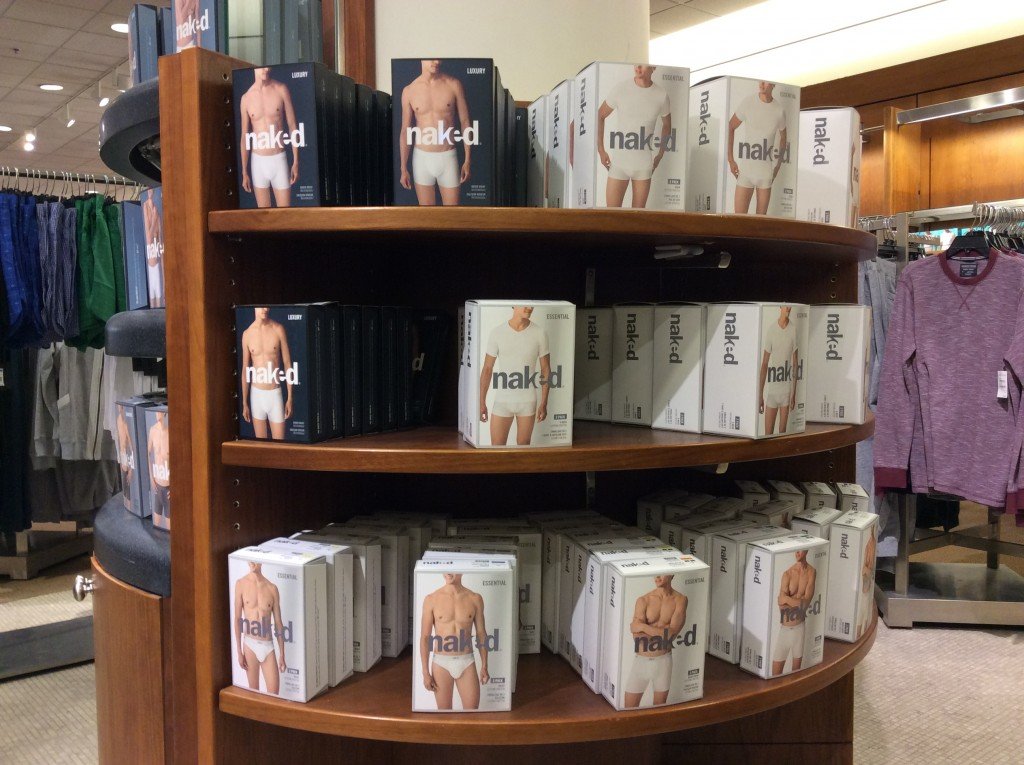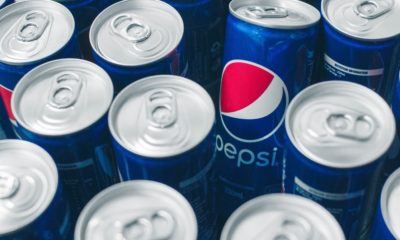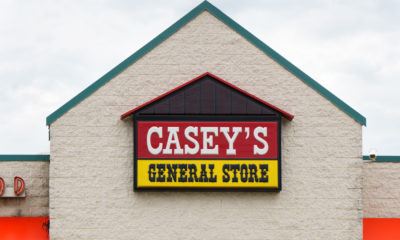Business
From underwear nightmare to promising enterprise
One might think there’s nothing special about how Cleanly was conceived as a business.

Every New Yorker knows what Cleanly is. It is the Uber for unwashed clothes. The customer contacts the Cleanly Velvet through its app, and within thirty minutes, the driver picks up the clothes and hands them over the customer’s preferred laundry shop in the area. The driver returns within twenty-four hours, with freshly laundered clothes in hands.
Some people have no idea how Cleanly was conceived. Perhaps one would think that it required no brainstorming as it might be inspired by app-based delivered-to-your-door laundry services such as FlyCleaners, Prim, or Washio. Yes, there’s no intense brainstorming involved, but the inception of this growing business started with a minor apartment glitch that involves underwear.
After moving to Park Slope, New York, Tom Harari was greeted by a seemingly insurmountable problem: his unit, just like everybody else’s in the area, had no place for washing clothes.
Park Slope is inundated with laundry shops, some of them actually promise to pick your dirty clothes up and deliver them back to your unit when everything’s done. But for Harari, something was missing. Most laundry services accepted only cash, and their customer service was nothing but awful.
Days went by and he was running out of briefs to wear. Finally, the Eureka moment arrived: something was amiss in the system, Harari thought, and he was sure that it was something that concerned logistics.
Now, Cleanly’s story is all over the Internet. One would find nothing special about it, except that it is so simple and funny that putting it on the History/About Page of the company’s website does not sound impressive at all. A business that started with underwear—or lack thereof—is not a typical story you would hear from a successful CEO.
Or the funny story could have concluded in a different way: instead of inventing an app, the young guy running out of clean knickers would put up an underwear brand like Naked Brand Group, Inc., that Canadian luxury brand slowly changing the underwear market by ditching perfectly sculpted, handsome celebrities to sell its comfort-centric products.
However, like Naked, which was invented in the midst of misleading advertising-driven underwear market, Cleanly, too, was born out of great necessity.
Harari wanted to eliminate the hassles involved in calling a laundry service, dealing with a harsh telephone operator, and constantly looking for cash since most laundry shops are not into electronic payment system.
Yet he did not opt for designing yet another revolutionary underwear brand—that is not his forte. He never also thought of putting up an underwear-focused laundry shop, since washing only undergarments would not guarantee him quick ROI or decent revenue (and it would be embarrassing for some). What he did was put up a system that would make contacting—and dealing with—a laundry shop easier, faster, and more seamless.
“We realized that to do this well, we’d have to take the delivery part away from the cleaners. They’re really good at the cleaning side of things—they’ve been doing it for 20, 25 years. The only reason they offer this delivery service is to stay competitive with all the other cleaners on the block. It’s an extra cost for them; they’re not good at it, and they can’t do more than a few blocks radius around the cleaner,” Harari told FastCompany.com
Last year, Harari and his teammates quit their day jobs so that they could focus on Cleanly’s growing popularity and increasing clientele.
So what’s next for New York’s biggest Uber for laundry now? Well, expand, get more drivers and go beyond the constraints of the city.
Harari said it would be any place that is very New Yorky—a city inundated with cramped apartments and limited on-site laundry shops.
(Sources: 1)
—
This article may include forward-looking statements. These forward-looking statements generally are identified by the words “believe,” “project,” “estimate,” “become,” “plan,” “will,” and similar expressions. These forward-looking statements involve known and unknown risks as well as uncertainties, including those discussed in the following cautionary statements and elsewhere in this article and on this site. Although the Company may believe that its expectations are based on reasonable assumptions, the actual results that the Company may achieve may differ materially from any forward-looking statements, which reflect the opinions of the management of the Company only as of the date hereof. Additionally, please make sure to read these important disclosures.

-

 Fintech5 days ago
Fintech5 days agoImpacta VC Backs Quipu to Expand AI-Driven Credit Access in Latin America
-

 Fintech2 weeks ago
Fintech2 weeks agoNubank Launches in Argentina With $474M Bet to Shake Up the Fintech Market
-

 Impact Investing2 days ago
Impact Investing2 days agoClimate Losses Drive New Risk Training in Agriculture Led by Cineas and Asnacodi Italia
-

 Biotech1 week ago
Biotech1 week agoWhy Bioceres Shares Slide Into Penny Stock Territory


























